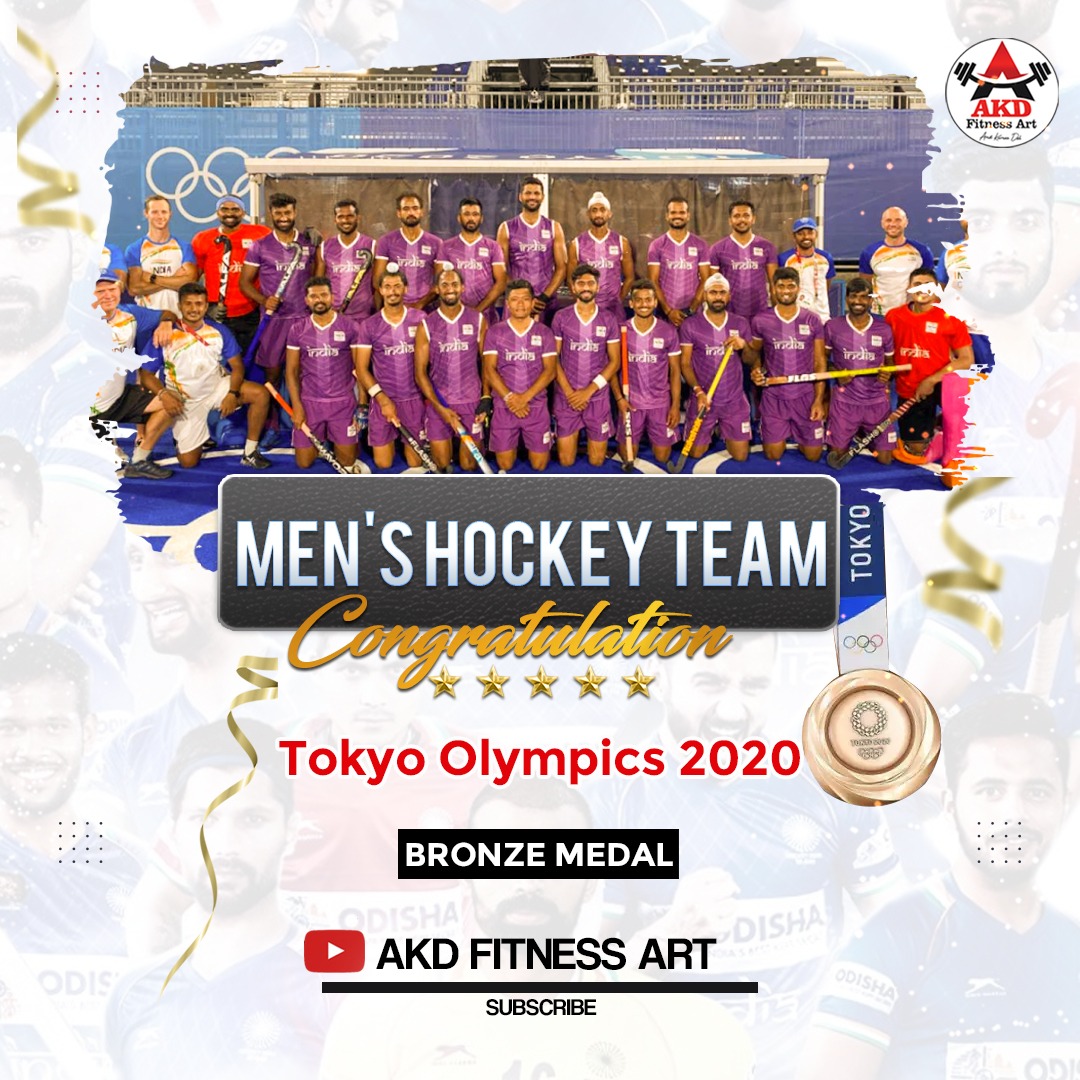Hyderabad, Dec 29, (UNI) The Coalition for Epidemic Preparedness Innovations (CEPI) and Biological E Limited, India (Bio E), a Hyderabad-based vaccines and pharmaceutical company on Tuesday announced a collaboration to advance the development and manufacture of Bio E’s COVID-19 subunit vaccine candidate.
CEPI will initially contribute up to USD 5 million toward the cost of scaling up the process for manufacturing the vaccine and will explore providing additional funding to Bio E with the goal of potentially enabling the production of 100 million doses in 2021, a company release here said.
Bio E initiated a Phase 1/2 clinical trial to evaluate the safety and immunogenicity of the vaccine candidate in India in November 2020 and expects interim data from the trial to be available in Q1 of 2021.
CEPI and Bio E are committed to the global equitable access of COVID-19 vaccines and have agreed that vaccine output funded by CEPI’s investment will be made available for procurement and allocation, if proven to be safe and effective, through the COVID-19 Vaccine Global Access (COVAX) Facility. The COVAX Facility aims to ensure equitable access to COVID-19 vaccines for all countries, at all levels of development, that wish to participate.
Bio E’s COVID-19 vaccine candidate is based on classical vaccine technology of a protein antigen, SARS-CoV-2 Spike RBD, adsorbed to the adjuvant Alhydrogel (Alum), in combination with another approved adjuvant, CpG 1018. The RBD of S1 subunit binds to the Angiotensin-Converting Enzyme-2 (ACE2) receptor on the host cell membrane and facilitates virus entry.
RBD protein is expressed in yeast Pichia pastoris, and is similar to technology Bio E is employing for large-scale commercial production of Hep B vaccines. The Baylor College of Medicine constructs “RBD N1C1” was selected as the final vaccine antigen candidate on the basis of its manufacturability, due to the yields of protein antigen achieved, ease of process steps and favourable formulation aspects.
The combination of Alum with CpG with N1C1 antigen elicited a highly synergistic, balanced immune response in preclinical models. Four formulations with these components are currently being evaluated in Phase I/ II clinical study in India to select the final vaccine candidate to be tested in subsequent Phase III trials.
Potential advantages of this vaccine candidate include scalability and thermostability, which could make it suitable for deployment at scale in low-resource settings, the release added.














